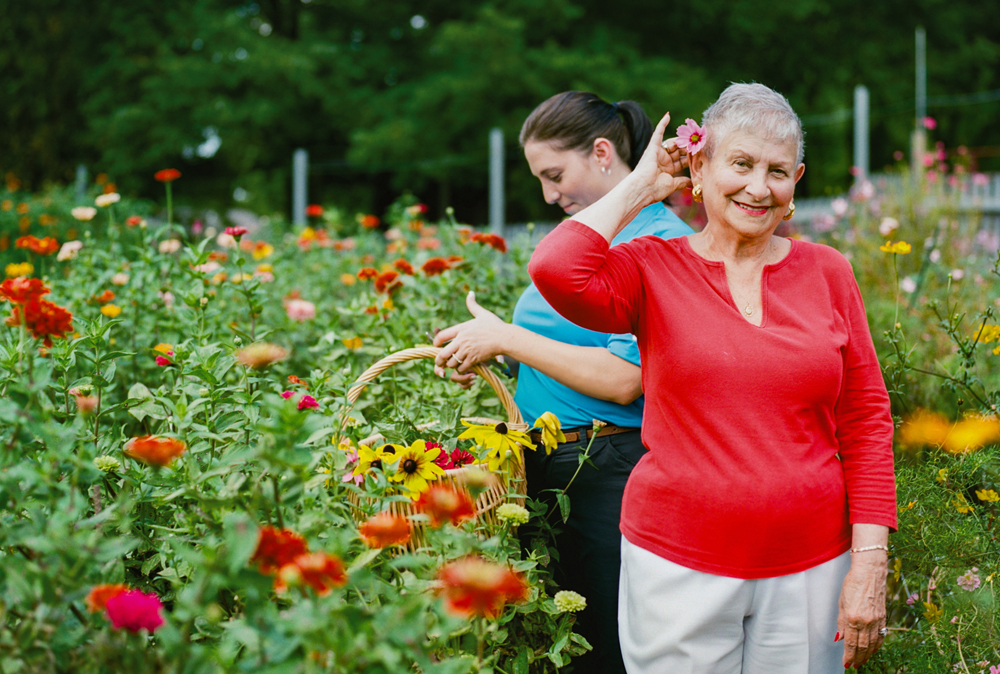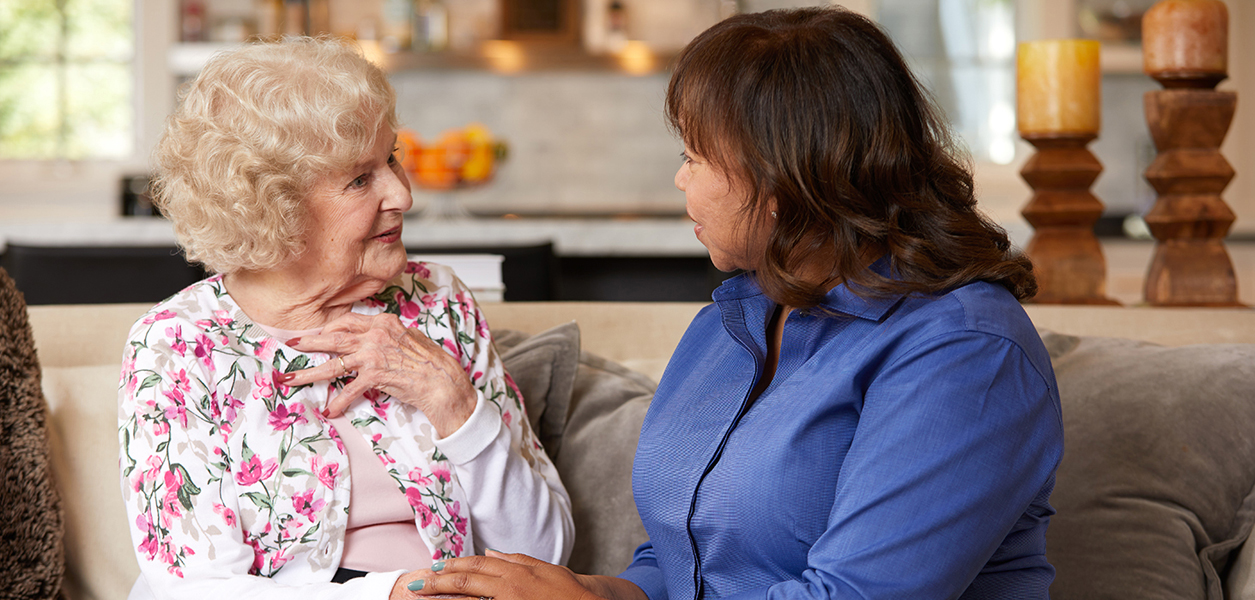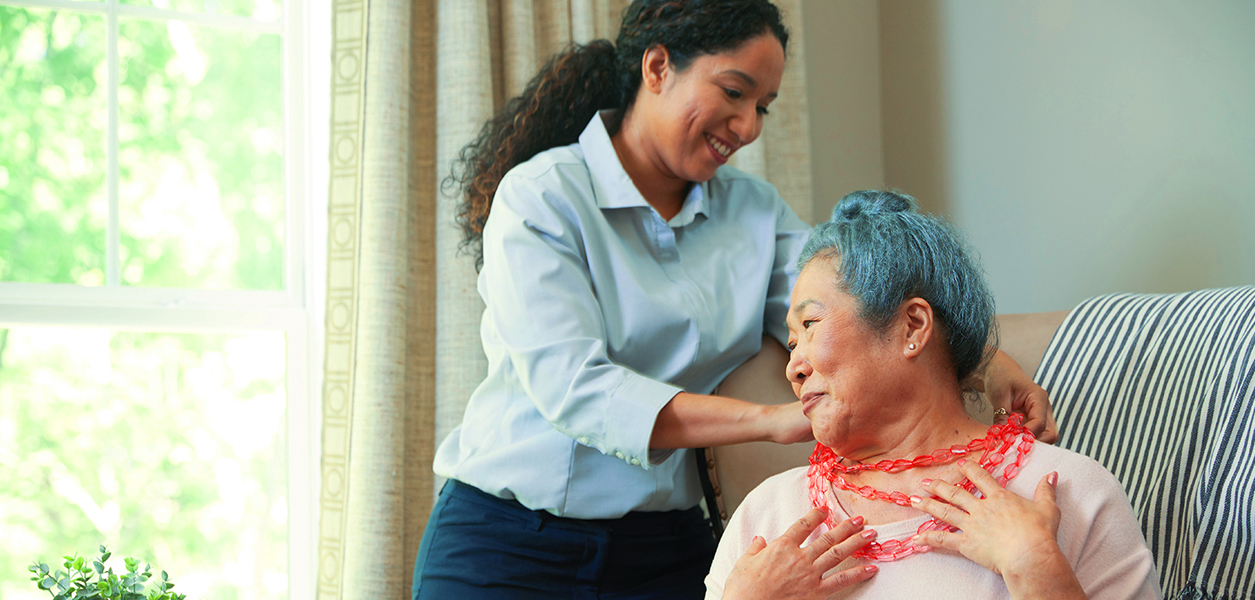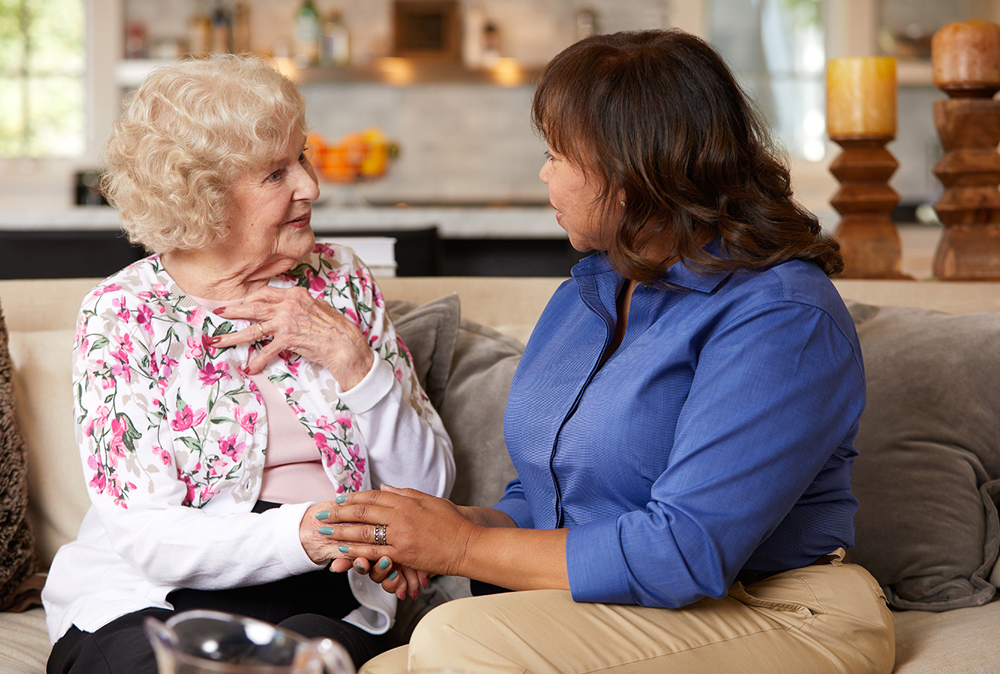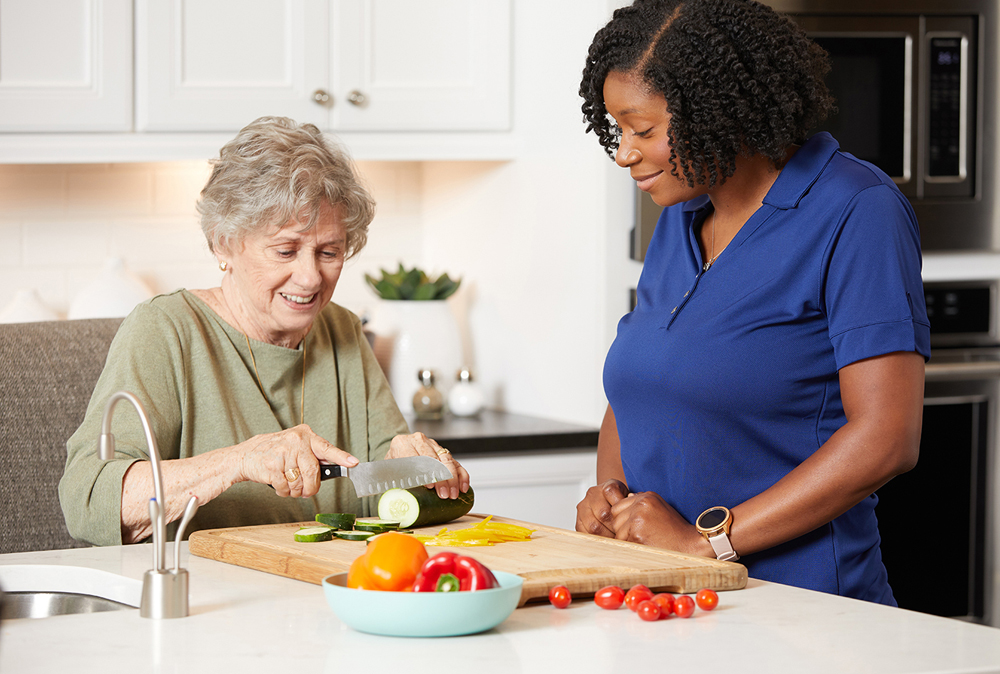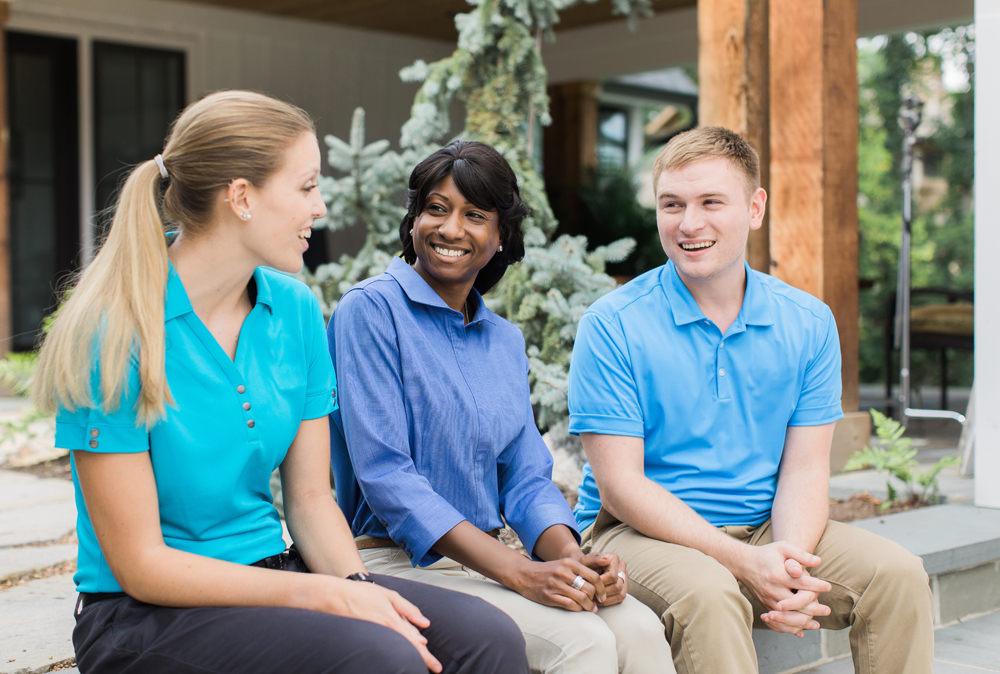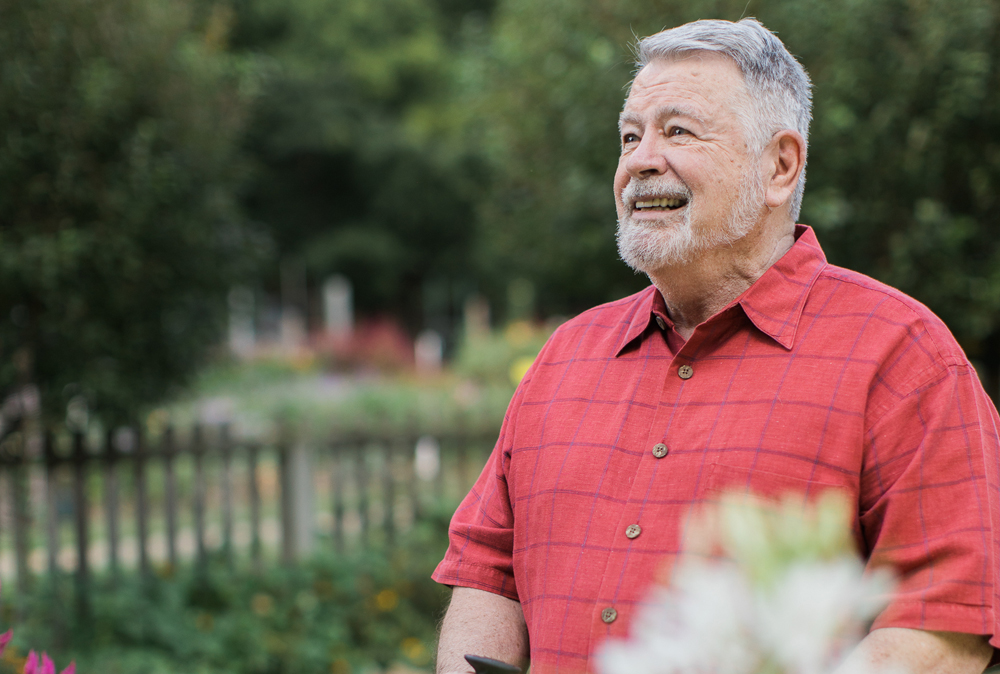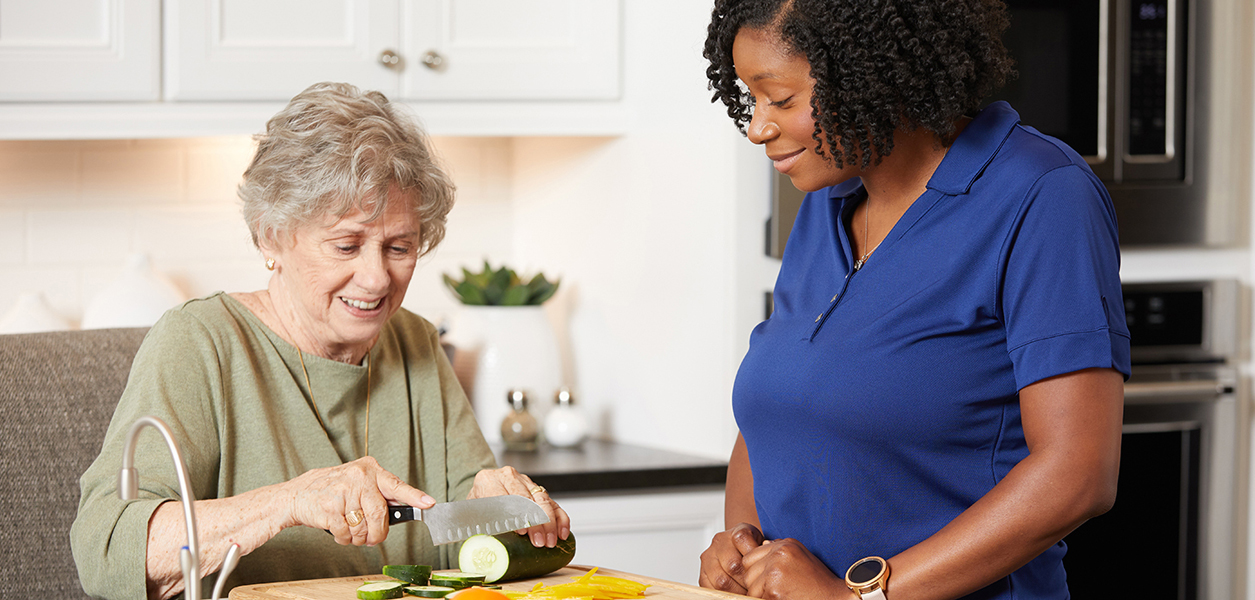ABOUT US
Prestige Nursing & Care is a long-established, forward-thinking provider of community homecare that supports independent living across England and Scotland. Prestige Nursing & Care was originally a family-run business with a commitment to providing care dating back to 1945.
We are a long-established, forward-thinking provider of community homecare that supports independent living across England and Scotland. Prestige Nursing & Care was originally a family-run business with a commitment to providing care dating back to 1945. We deliver high-quality, personalised private homecare services through over 30 branches in England and Scotland, supported by a Head Office team based in Epsom, Surrey. We provide over 30,000 hours of care and support a week to over 2,000 clients and their families through our local teams of highly qualified and vetted registered nurses, healthcare workers, and Care Co-Ordinator’s. Our home care services range from companionship visits to 24-hour live-in home nursing care across every age group, ability, and health condition. In our last client survey in March 2022, over 90% of respondents agreed that not only, would they recommend us to a friend, but that our service has also made a positive difference to their life. We are a CQC and Care Inspectorate regulated company and hold ISO2001:2009 certification for quality.


